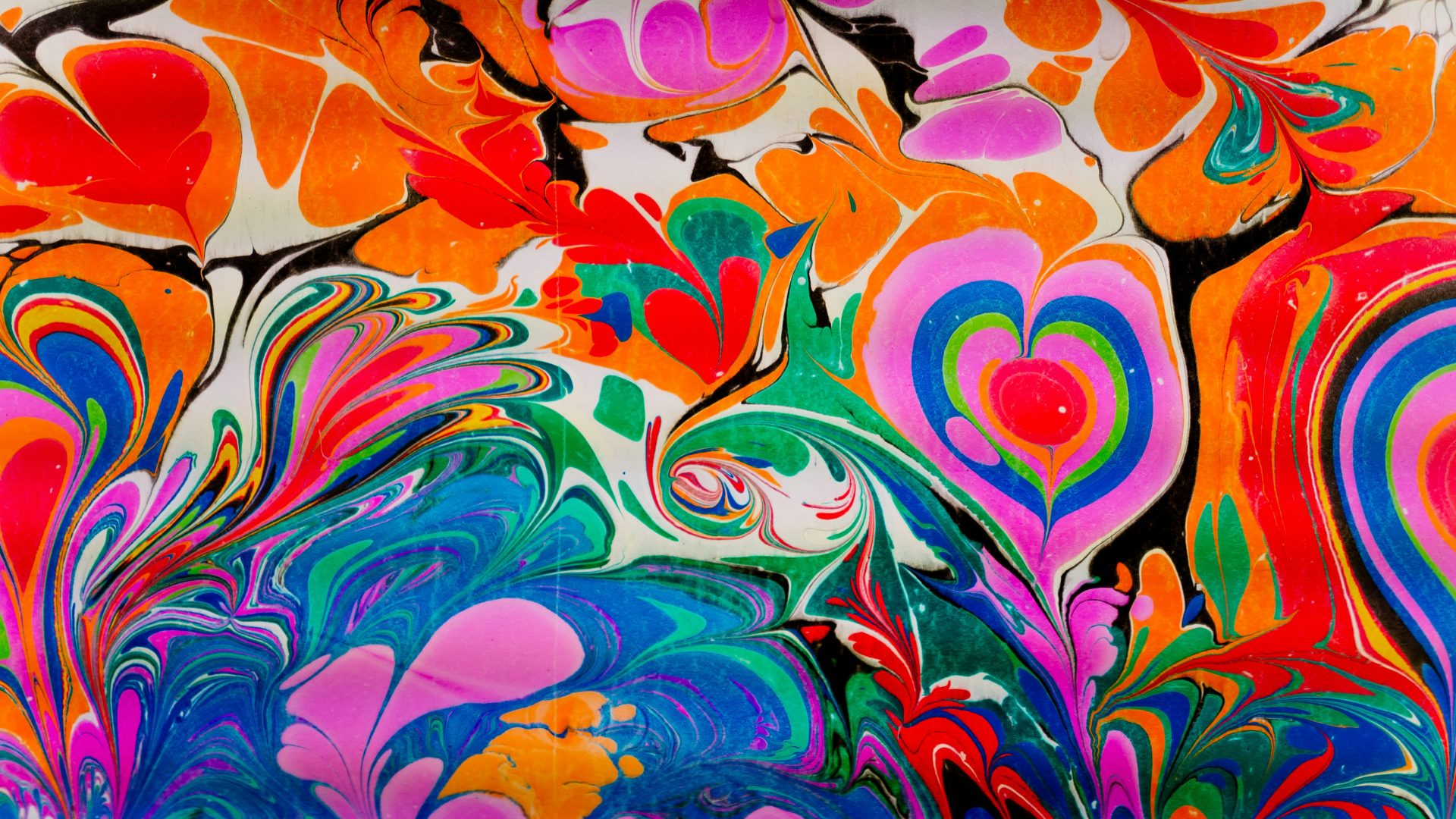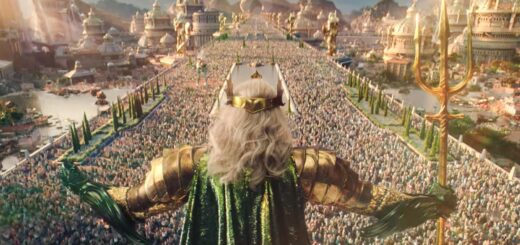How Does Consciousness Relate to Free Will?

Before diving in, please note: This post is for informational purposes only. If you’d like to know more about how we approach topics, feel free to check out our friendly Disclaimer Page.
Hey there, amazing readers! 🖐️ Just a quick note: yes, we know there are a lot of ads here. Trust us, we get it—it’s not the prettiest look, but they help us keep this blog alive and kicking. Those pesky little ads cover the costs of all the behind-the-scenes magic, from hosting and tech stuff to creating content we hope you’ll love.
We’re committed to delivering quality posts, and your support (even just sticking around despite the ads) means everything to us. So, bear with us, and thanks for helping us keep the good vibes rolling. Now, on to the fun stuff! 😉
TRANSLATE BUTTON AT THE END OF THE ARTICLE
Introduction to Consciousness and Free Will
In the realm of philosophical inquiry, the relationship between consciousness and free will has long been a topic of intense debate and discussion.
Understanding how these two fundamental aspects of human experience interact is crucial not only for philosophical inquiry but also for fields such as neuroscience, psychology, and ethics.
Consciousness, the awareness of one’s existence and surroundings, and free will, the ability to make choices unconstrained by external factors, are both complex concepts that have puzzled thinkers for centuries.
Exploring the intricate connections between consciousness and free will promises to unravel some of the mysteries of the human mind and shed light on the nature of our decision-making processes.
Defining Consciousness and Free Will
Consciousness refers to the state of being aware of one’s thoughts, sensations, perceptions, and surroundings.
It is the subjective experience of being alive and self-aware.
Free will, on the other hand, pertains to the capacity to make choices that are not predetermined by external forces.
It involves the ability to deliberate, choose, and act based on one’s own desires and intentions.
While consciousness is the awareness of one’s mental state, free will is the agency to make decisions based on that awareness.
Together, these concepts form the basis of human autonomy and the ability to control our actions.
Theories on the Relationship Between Consciousness and Free Will
Various theories have been proposed to explain how consciousness and free will are interconnected.
One prominent view is that consciousness is a necessary condition for free will.
According to this perspective, the awareness of our thoughts and desires enables us to make choices that are not determined by external factors.
Another theory suggests that free will is an illusion created by our conscious minds.
This deterministic view posits that our decisions are ultimately the result of underlying neural processes, with consciousness serving as a mere observer of these processes.
Understanding these differing perspectives is essential in unraveling the complex relationship between consciousness and free will.
Neuroscientific Perspectives on Free Will and Consciousness
Neuroscience offers valuable insights into the neurobiological mechanisms underlying consciousness and free will.
Studies using brain imaging techniques have shown that decision-making processes involve a network of brain regions that are responsible for integrating sensory information, processing emotions, and planning actions.
These findings suggest that our conscious experiences are intricately linked to neural activity in the brain.
While some researchers argue that free will is an emergent property of complex neural networks, others maintain that consciousness and free will are distinct phenomena that may not be fully explained by neuroscience alone.
Philosophical Debates on Consciousness and Free Will
In the realm of philosophy, discussions about consciousness and free will often center around questions of determinism versus indeterminism.
Determinism posits that all events, including human actions, are determined by prior causes, leading some to argue that free will is an illusion.
In contrast, indeterminism suggests that there is an element of randomness or unpredictability in the universe, allowing for genuine freedom of choice.
These philosophical debates highlight the complexities of understanding how consciousness and free will interact and the implications these concepts have for our understanding of human agency.
Empirical Studies on Consciousness and Free Will
Empirical studies have sought to investigate the relationship between consciousness and free will through experimental methods.
Research in psychology and cognitive science has explored how factors such as attention, intentionality, and volition influence decision-making processes.
These studies have provided valuable insights into the mechanisms underlying conscious choice and have shed light on the cognitive processes that underpin free will.
By combining empirical research with theoretical frameworks, scientists and philosophers can continue to deepen our understanding of how consciousness and free will intertwine.
Dualism and its Impact on Free Will and Consciousness
Dualism, the philosophical stance that posits a fundamental distinction between mind and body, has had a significant impact on debates surrounding free will and consciousness.
Dualist perspectives suggest that consciousness is a separate entity from the physical brain, leading to questions about how the mind interacts with the body to produce actions.
Some dualist theories propose that consciousness plays a central role in the exercise of free will, while others argue that free will arises from interactions between the mind and the brain.
Explore the Path to Spirituality and Enlightenment – start here.
Exploring these dualist perspectives can offer valuable insights into the nature of human consciousness and the role it plays in shaping our decisions.
Determinism vs. Free Will in the Context of Consciousness
The debate between determinism and free will is central to understanding the relationship between consciousness and human agency.
Determinism, the philosophical view that all events are causally determined by prior conditions, challenges the idea of free will by suggesting that our choices are predetermined by factors beyond our control.
In contrast, proponents of free will argue that consciousness allows for genuine choices that are not wholly determined by external forces.
Navigating these contrasting views requires a nuanced understanding of how consciousness influences our perceptions, beliefs, and actions, ultimately shaping our experience of free will.
The Role of Intentionality in Consciousness and Free Will
Intentionality, the capacity for mental states to be directed towards objects or states of affairs, plays a crucial role in shaping our conscious experiences and decision-making processes.
By focusing our attention on specific goals or desires, we can direct our actions towards achieving desired outcomes.
Intentionality is closely linked to free will, as our ability to act intentionally allows us to make choices that align with our values and intentions.
Understanding how intentionality operates within the framework of consciousness can provide valuable insights into the mechanisms that underpin our experience of free will and autonomy.
Conscious Choice and Decision-Making Processes
Conscious choice involves the process of deliberation, evaluation, and selection of options based on our desires, beliefs, and values.
When we make decisions consciously, we are engaging in a complex cognitive process that involves weighing various factors and outcomes to arrive at a choice.
Conscious decision-making allows us to exercise our agency and autonomy by selecting actions that align with our intentions and goals.
By examining the cognitive processes involved in conscious choice, researchers can gain a deeper understanding of how consciousness influences our decision-making abilities and shapes our experience of free will.
Implications of Consciousness for Free Will
The implications of consciousness for free will extend beyond philosophical debates and into practical considerations of ethics, law, and social behavior.
Understanding how consciousness influences our ability to make choices can have profound implications for how we view personal responsibility, moral accountability, and the nature of human rights.
By exploring the relationship between consciousness and free will, we can gain insights into how our decisions are shaped by our mental states, emotions, and values.
These insights can inform debates about moral responsibility, legal culpability, and social justice, highlighting the importance of considering consciousness in discussions about free will.
Future Directions in Understanding Consciousness and Free Will
As research in neuroscience, psychology, and philosophy continues to advance, future directions in understanding consciousness and free will will likely focus on interdisciplinary approaches that integrate empirical findings with theoretical frameworks.
By combining insights from cognitive science, neurobiology, and philosophy, researchers can develop a more comprehensive understanding of how consciousness and free will interact.
Exploring new methodologies, such as brain-computer interfaces and artificial intelligence, may also offer novel insights into the neural mechanisms that underpin conscious decision-making.
By embracing a multidisciplinary perspective, scholars can unlock the secrets of consciousness and free will, shedding light on the complex interplay between mind, brain, and behavior.
Conclusion
In conclusion, the relationship between consciousness and free will is a multifaceted and complex topic that has intrigued thinkers across disciplines for centuries.
By defining these concepts, exploring philosophical debates, examining empirical studies, and considering neuroscientific perspectives, we can deepen our understanding of how consciousness influences our experience of free will.
Through interdisciplinary collaboration and innovative research approaches, scholars can continue to unravel the mysteries of human consciousness and agency, shedding light on the intricate connections between mind, brain, and behavior.
As we move forward in our exploration of consciousness and free will, we are poised to uncover new insights into the nature of human autonomy and the mechanisms that underpin our capacity to make choices that are truly our own.

The Enlightenment Journey is a remarkable collection of writings authored by a distinguished group of experts in the fields of spirituality, new age, and esoteric knowledge.
This anthology features a diverse assembly of well-experienced authors who bring their profound insights and credible perspectives to the forefront.
Each contributor possesses a wealth of knowledge and wisdom, making them authorities in their respective domains.
Together, they offer readers a transformative journey into the realms of spiritual growth, self-discovery, and esoteric enlightenment.
The Enlightenment Journey is a testament to the collective expertise of these luminaries, providing readers with a rich tapestry of ideas and information to illuminate their spiritual path.
Our Diverse Expertise 🌟
While our primary focus is on spirituality and esotericism, we are equally passionate about exploring a wide range of other topics and niches 🌍📚. Our experienced team is dedicated to delivering high-quality, informative content across various subjects ✨.
To ensure we provide the most accurate and valuable insights, we collaborate with trusted experts in their respective domains 🧑🏫👩🏫. This allows us to offer well-rounded perspectives and knowledge to our readers.
Our blog originally focused on spirituality and metaphysics, but we’ve since expanded to cover a wide range of niches. Don’t worry—we continue to publish a lot of articles on spirituality! Frequently visit our blog to explore our diverse content and stay tuned for more insightful reads.





